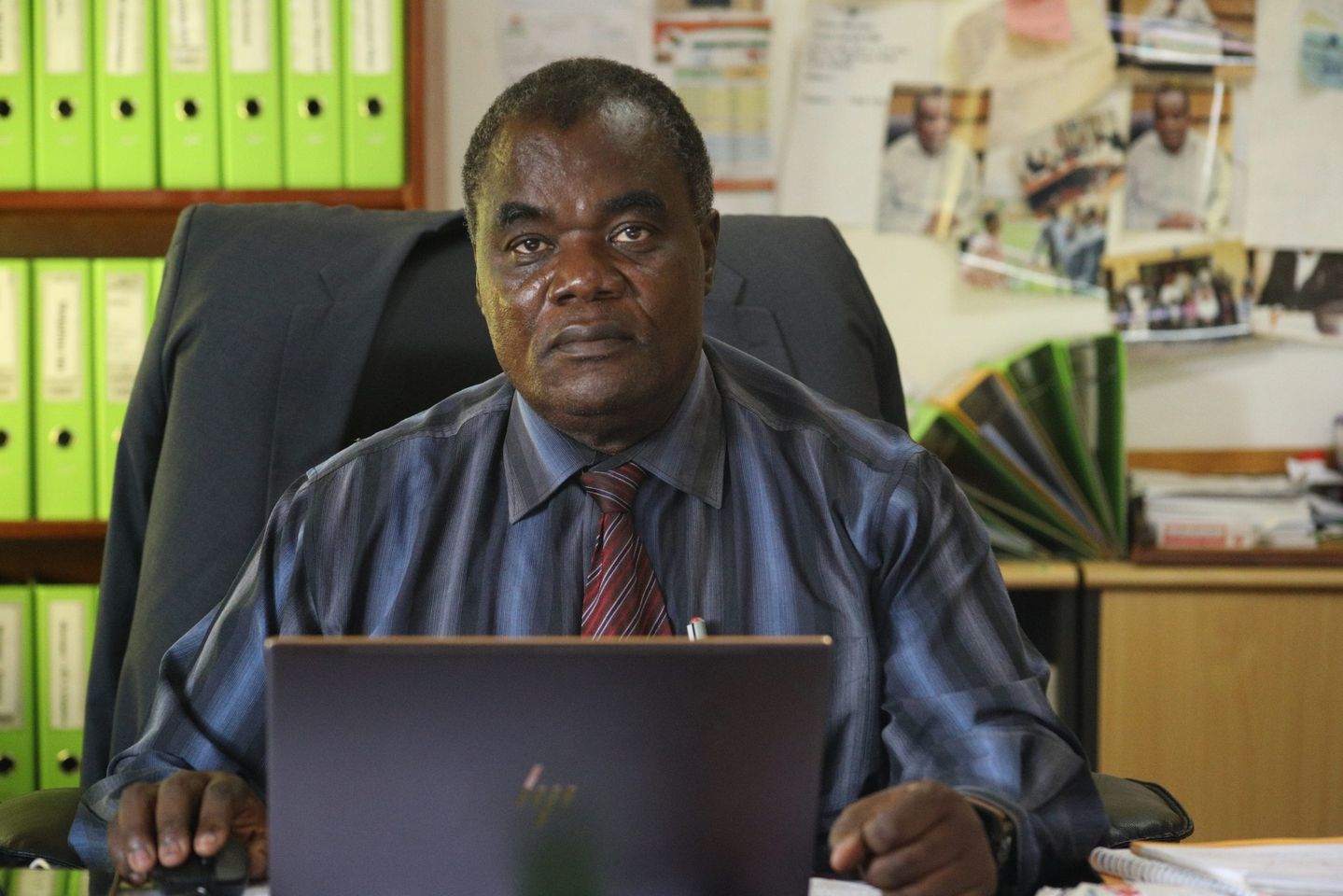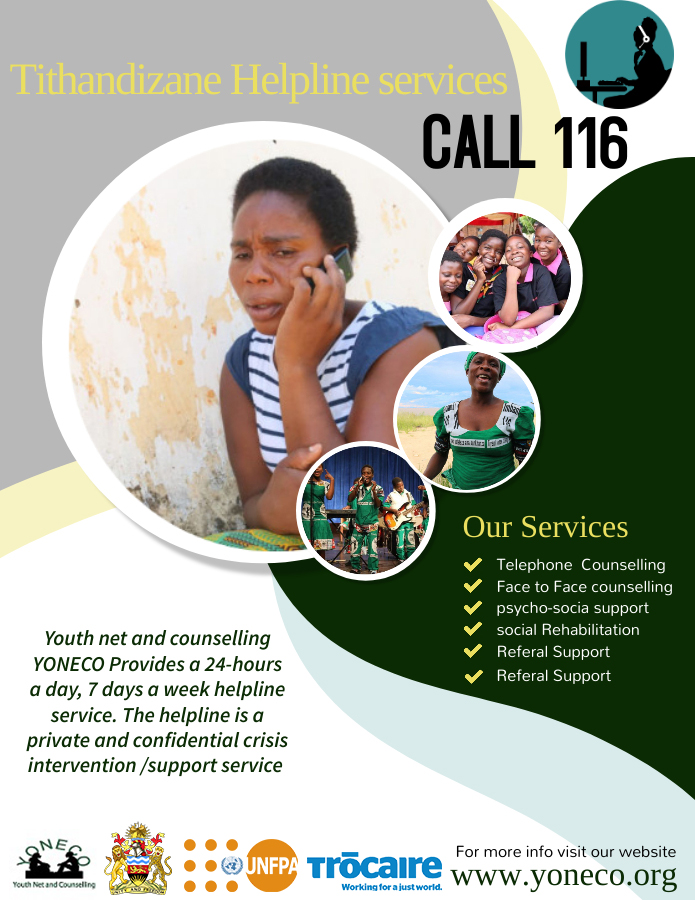January 2025 has seen our continued frustrations with people spending more time in fuel queues than doing work. We have encountered misinformation from various sources. Social media has been flooded with posts claiming that fuel is on its way, while simultaneously stating that normalcy will not return soon. What is crucial, however, is for Malawians to seek answers as to why we are experiencing this situation. Confusion reigns as people rush from filling station to filling station. Vehicles are idling at filling stations, and fights are breaking out. One must question whether leadership is aware of this challenge. It is disheartening to see well-educated and experienced economists posting on social media that the situation is fine. We seem to mislead our leaders too often. For once, provide the leadership with correct and balanced information and explain the impact this crisis is having on the country’s economy and the cost of living for Malawians in general. It is essential for advisors and leadership to remove politics from the fuel management crisis.
While still on social media, we are concerned about how it is being utilised by various political party affiliates. A smear campaign is underway, and the politics of hate are being promoted online, creating a significant challenge. We are also troubled by various related comments and feedback. Malawi has cyber security laws that protect citizens, but these are not being enforced robustly. Facebook and other social media platforms have guidelines against promoting hatred among citizens and fellow humans. We must therefore refrain from hate speech and messages on social media and promote unity among Malawians.
January 20th, 2025, was noteworthy because we saw the President of the United States signing several Executive Orders, including the significant order on realigning foreign aid. This has resulted in the suspension of various US Government-funded interventions, leaving many organizations without clear direction.
Some organizations have sent their staff on leave without guidance, and services have been disrupted, particularly in the health sector. While this has occurred, criticisms have been levelled at the US President with little reflection on what we, as developing countries, need to do. A critical lesson to learn is how we can mobilise some resources locally and from other funding sources. The issue in the US centres on aid realignment, which signifies changes in policy. Policy shifts are ubiquitous, and we must accept this reality. We need to focus on investing in our own country. It is concerning to hear of some politicians investing in other countries. We must ask fundamental questions: Are we honest as a country? Local Non-Governmental Organizations (NGOs) are suffering the most. Let us strive for self-reliance and mobilize our own resources to sustain our work. International aid should be supplementary. We need serious design considerations that reflect these matters.
The Commission on Social Development will convene from 10 to 14 February 2025 in New York. The priority theme is strengthening solidarity, social inclusion, and social cohesion to accelerate the commitments of the Copenhagen Declaration on Social Development and the Programme of Action of the World Summit for Social Development, as well as the implementation of the 2030 Agenda for Sustainable Development. The emerging issues for the session are social resilience and social development. Reading through the commitments, one wonders if we are making progress as a country, and we need to rethink our strategies. Malawi has laws in place relating to social development but implementing them is a major bottleneck. Malawi committed to creating an economic, political, social, cultural, and legal environment that will enable people to achieve social development; yet our political operations, economic situation, and cultural beliefs and systems continue to hamper our development. Poverty levels remain high, with Malawi ranking within the bottom ten, raising concerns about being grouped with war-torn countries. Recent developments in US funding are worsening the situation.
As we approach Valentine’s Day on 14 February, we must remember that sharing love is not the problem, but we need to be very careful. Don’t get into debt to make your loved ones happy, and don’t live other people’s lives. For young people, protect yourself during this period.
Wishing you happy reading and a happy Valentine’s Day!


